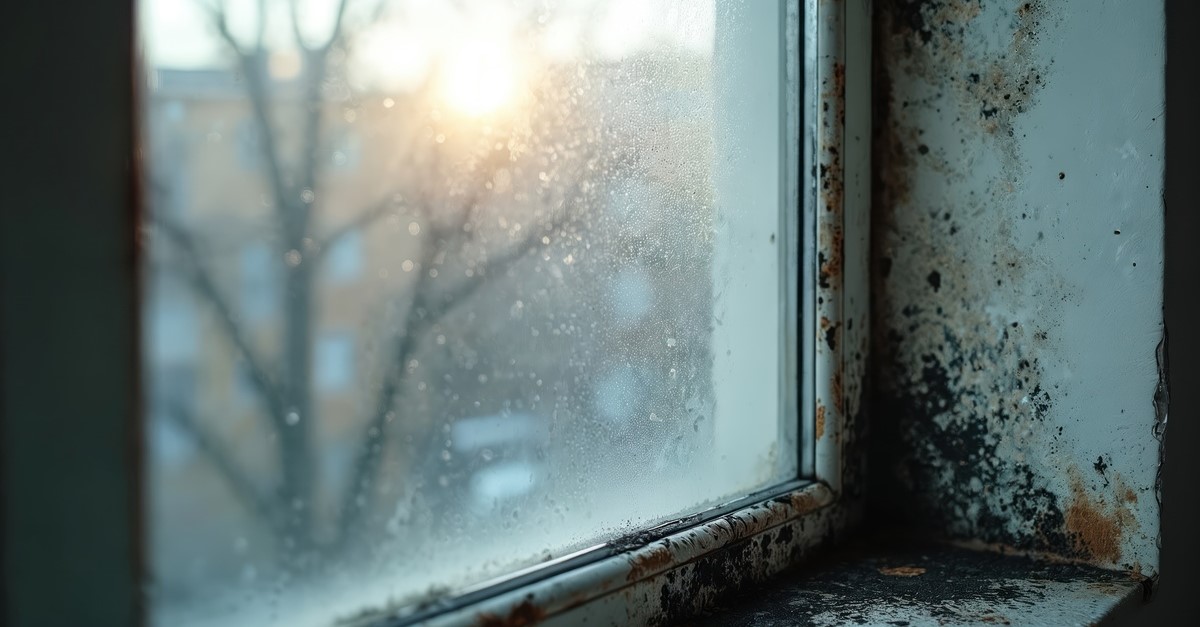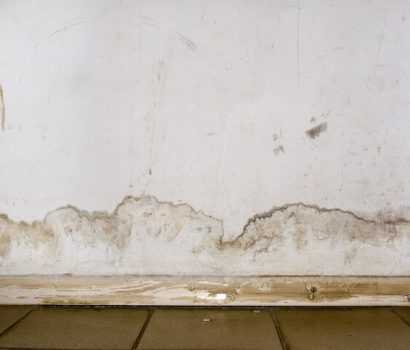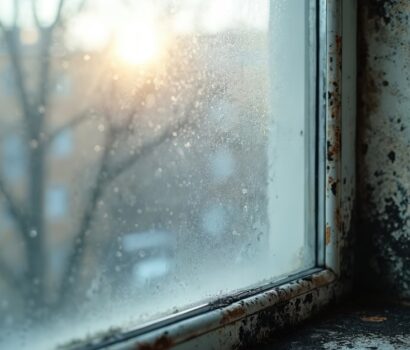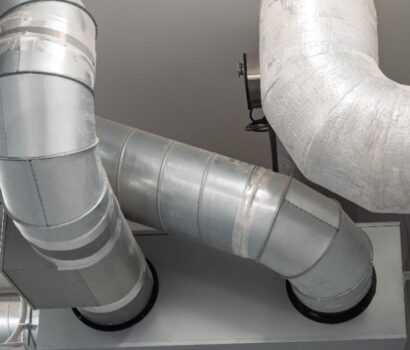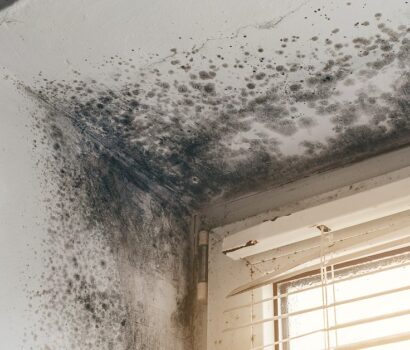When black mold creeps into a Pittsburgh apartment, both renters and owners face a real threat to health, safety, and property value. Pennsylvania law expects landlords to provide habitable housing, while tenants must alert them when problems arise. Working together quickly is the surest way to protect everyone’s interests including preventing health issues for residents and avoiding costly structural repairs for owners.
This guide reviews what black mold is (and why it’s dangerous), and outlines what to do when it’s found in a rental.
Understanding Black Mold and Its Risks
Black mold isn’t just unsightly. In Allegheny County and across Pittsburgh, it can threaten the health of tenants and cost landlords significantly if mold goes unreported. Prompt action is crucial for both tenants and landlords.
What Is Black Mold and Why Is It Harmful?
Black mold, often known as Stachybotrys chartarum, thrives in damp, humid environments. Common in basements, showers, kitchens, and behind leaky walls, this mold stands out with its dark greenish-black appearance and distinctive musty smell.
Short-term exposure to black mold can trigger:
- Allergy-like symptoms (sneezing, watery eyes, coughing)
- Breathing trouble or asthma attacks
- Skin irritation
- Headaches
- Fatigue
Long-term exposure can be far worse, especially for children, seniors, or those with underlying health issues. In severe cases, black mold may cause chronic respiratory problems or worsen immune conditions.
Recognizing Black Mold in Your Apartment or Rental Home
Not all mold is toxic black mold, but any visible fungal growth poses risks. If you spot dark, blotchy stains (especially near moisture), persistent earthy or musty smell, paint bubbling, peeling, or warped drywall, you should take it seriously.
Hidden mold often lurks under sinks, behind drywall, or in less-visited parts of your apartment. Don’t ignore symptoms like regular headaches or breathing issues. Sometimes your body’s warning signs come before you see the mold.
Landlord Responsibility for Mold Remediation in Pennsylvania
Every Pittsburgh renter deserves habitable housing, and owners share that goal. Safe apartments stay occupied and avoid costly damage. Pennsylvania law doesn’t spell out “mold” line‑by‑line, but it clearly requires landlords to remedy conditions that threaten life, health, safety, or property. Allegheny County health and housing codes reinforce this standard.
Common underlying causes like leaks, plumbing failures or broken windows are often the landlord’s responsibility to fix. While owners aren’t expected to race after every speck of mildew, sizable or toxic mold that creates unsafe housing should be addressed promptly once they learn about it. With that said, it’s up to the tenant to report these types of issues promptly so small problems don’t become significant issues.
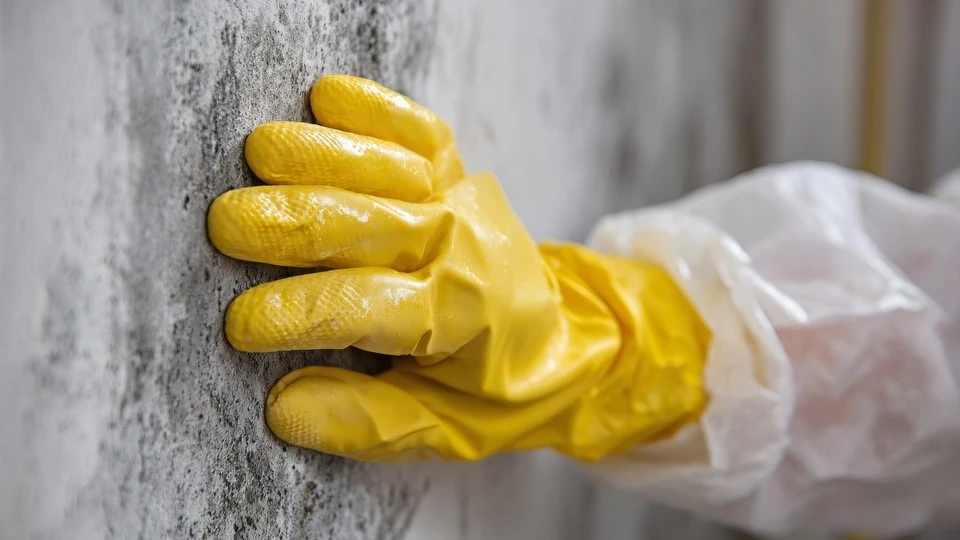
Taking Action Together: Steps for Tenants and Landlords
A prompt, well‑documented approach helps problems get fixed faster and keeps relationships positive.
1. Document the Mold Problem
- Photograph mold: clear, date‑stamped images of all affected areas.
- Track health effects: note any symptoms. Save medical visit summaries if applicable.
- Save communications: Keep copies of emails, letters, or texts.
2. Notify Your Landlord in Writing
Send a clear, courteous message describing the mold’s location, any health concerns, and a reasonable repair timeline. Invite a joint inspection or provide access for professionals. Prompt notice gives owners what they need to act.
3. Follow Up and Cooperate on Access
Allow entry for inspections, contractors, or moisture testing. Prompt scheduling keeps momentum and shows good faith on both sides.
Preventing Mold and Maintaining Habitable Housing in Pittsburgh
While not every mold outbreak is avoidable, both tenants and landlords can take simple steps to minimize risk.
- Use exhaust fans when showering and cooking.
- Keep humidity below 60% if possible (a small dehumidifier can help).
- Promptly report leaks, broken windows, or water stains to your landlord in writing.
- Request prompt repairs or written confirmation of a repair timeline.
- Never paint over or attempt major mold cleanup yourself. Large infestations need professional remediation.
Key Takeaways: Handling Black Mold as a Pittsburgh Renter
Black mold is something neither tenants nor landlords want lingering. Let your landlord know right away, keep clear records, and stay flexible on scheduling. Most owners act quickly when they understand the full picture. It protects residents and safeguards their investment.
If you need help with black mold remediation in Pittsburgh, contact us today.
